U.S. auto sales took a sharp upturn in September, largely driven by charged-up demand for other electrified vehicles. General Motors and Ford were among the manufacturers reporting record EV numbers for the month, motorists racing to take advantage of federal tax credits before they expired at the end of the month. Headlight.News has more.
While signs of a weakening economy, along with tariff-related price hikes threaten to tank U.S. auto sales in the final months of 2025, September brought good news to virtually all manufacturers. Though some brands have yet to release their numbers for the month, early indications suggested the month saw an overall increase of as much as 7.5% in new vehicle sales.
Several factors appeared to be working for the industry. Some buyers indicated they wanted to beat the tariff-driven price hikes expected to accelerate during the 2026 model year.
An even bigger factor: surging demand for electrified vehicles, especially all-electric models such as the Chevrolet Equinox EV and Ford Mustang Mach-E. Both those manufacturers reported record sales of battery-electric vehicles, motorists rushing to claim the federal tax credits that expired on September 30.
Plugged in
GM reported selling 66,501 EVs in September, a 107% year-over-year increase, and an all-time record. That helped the largest of the domestic manufacturers score an overall 7.9% sales increase for the month.
“We have the best lineup of ICE and EV vehicles we’ve ever had, and our brands have grown market share with consistently strong pricing, low incentives and inventory,” GM North American President Duncan Aldred.
Ford, meanwhile, saw its corporate volume climb 13% for the month, despite a 7.6% drop at its luxury arm, Lincoln. Ford also set a sales record for EVs, delivering 30,612, a 30% year-over-year gain. It also sold 55,177 hybrid models.
A number of foreign-owned brands reported EVs driving similar growth for the month. Hyundai reported a 7% surge in its retail volume in September, noting in a statement, “This growth was driven by strong performances across both electrified and core models. Electrified vehicles accounted for 38% of the retail sales mix, with IONIQ 5 retail sales climbing 151% year-over-year.” September marked the 12th consecutive monthly sales gain for Hyundai and the third for its Korean sibling Kia.
Hybrids also were hot
September marked a big turnaround for the EV segment, sales going into a spring skid as surveys found Americans growing increasingly skeptical about the technology. Many potential buyers appeared to be shifting to conventional and plug-in hybrids and those technologies remained strong last month.
That was especially true for Toyota and its highline Lexus division. Overall, Toyota Motor North America was up 14.2% for the month, while its electrified products – including EVs, HEVs and PHEVs – gained 8.1%. Toyota has the largest line-up of electrified products among any full-line manufacturer and they accounted for 45.8% of its total volume last month.
Record sales of electrified models helped American Honda deliver a 4.1% sales bump in September, despite having generally low inventories on dealer lots.
Struggling Mitsubishi reported a 5.4% year-over-year gain overall, helping it reach second-best year-to-date total in four years. A major factor: a 5.9% increase in sales of the Outlander plug-in hybrid.
More Auto News
- What Happens Now That Federal EV Tax Credits Are Gone
- Fed Rate Cut May Not Stave Off Auto Auto Sales Slump
- Hertz Launches New Online Used Car Sales Channel
What next for EVs
The strong upturn in EV sales was largely driven by the September 30 phase-out of federal EV tax credits, noted Tyson Jominy, senior vice president of data and research at JD Power. When all the numbers are in, he said he expected battery-electric vehicles to account for around 11.5% of the U.S. total for the month, up from around 8% for the first eight months of 2025.
The question is what happens now that those federal incentives – adding up to as much as $7,500 – have expired. Jominy said October EV sales could be down by as much as a third compared to year-ago numbers.
Several automakers have announced steps to keep potential buyers in the market. These include discounts matching the now-gone tax credits, along with steep price cuts. Hyundai announced Wednesday it is cutting the price of its Ioniq 5 EV an average $9,155 – and up to $9,800 on some models.

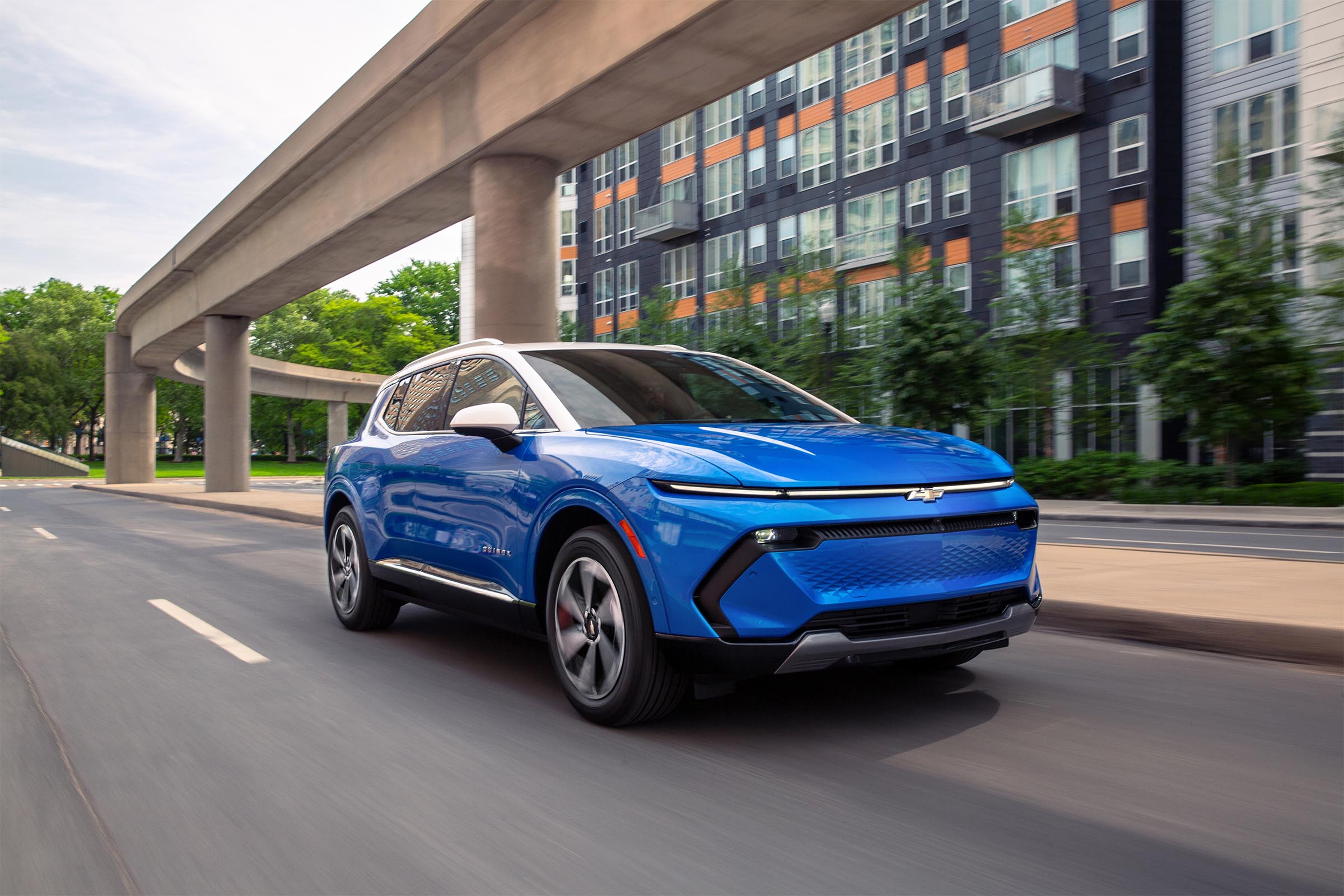

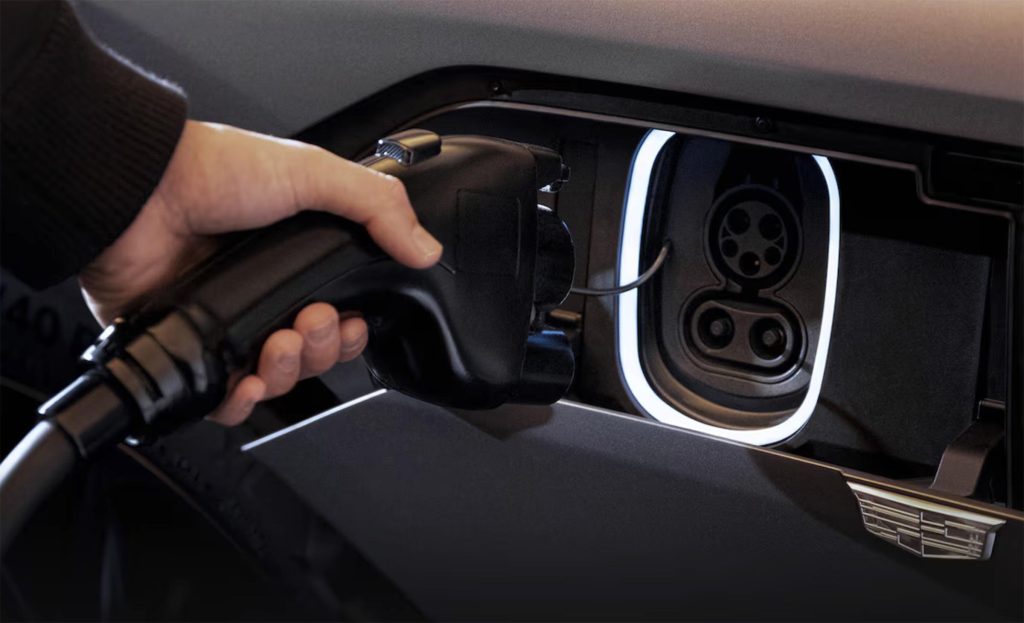
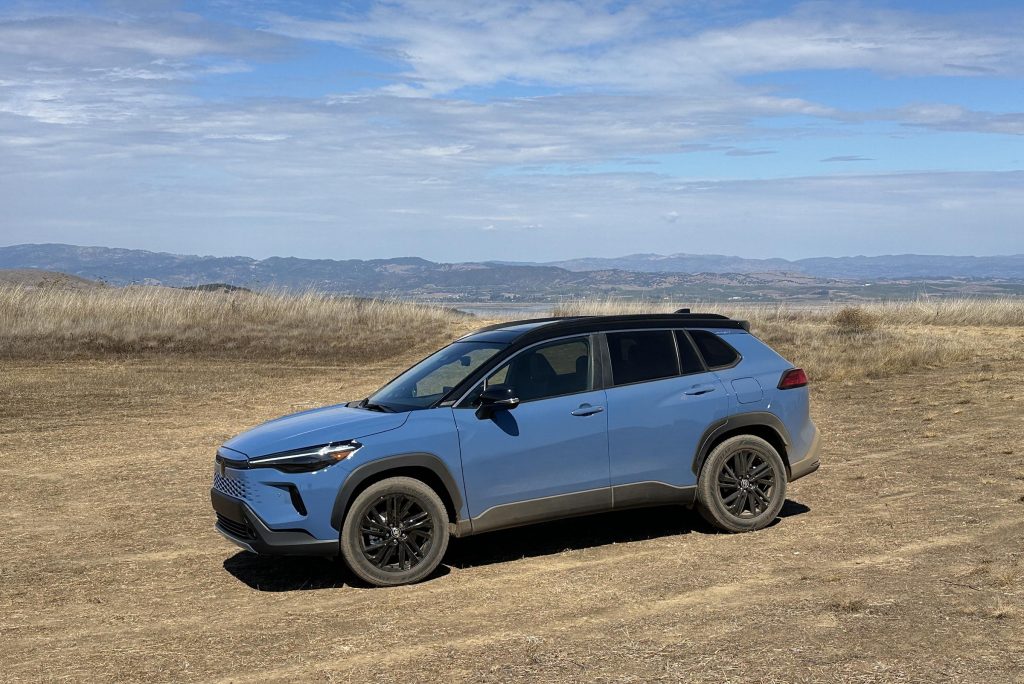
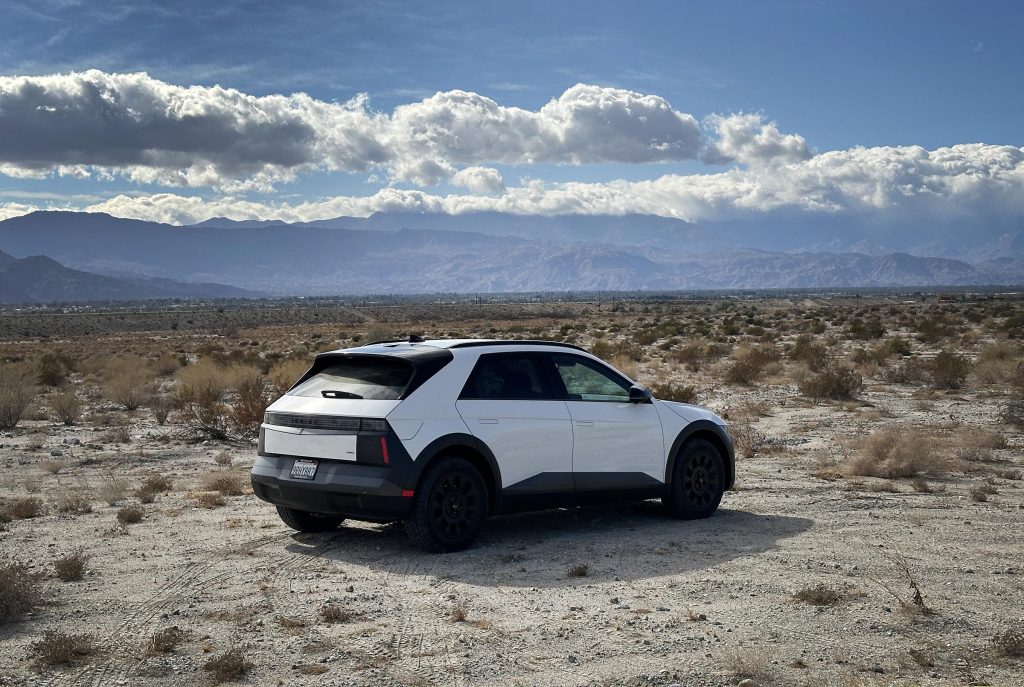
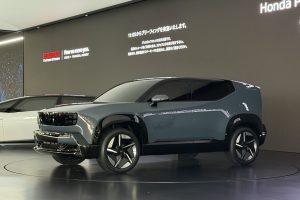
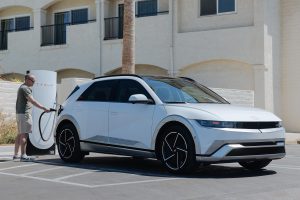




0 Comments